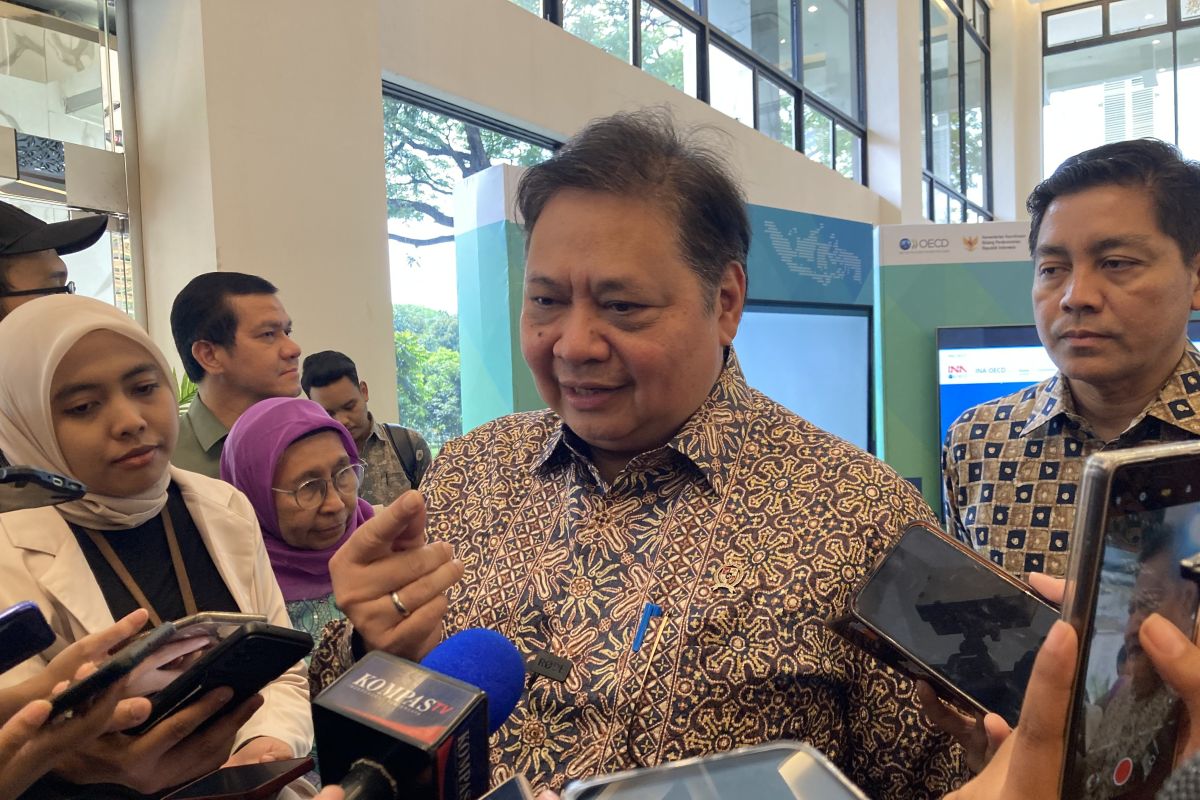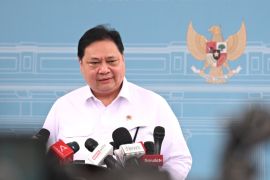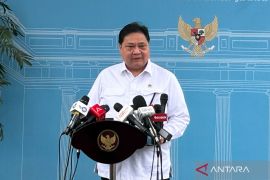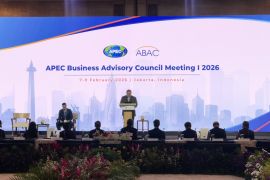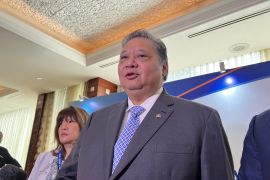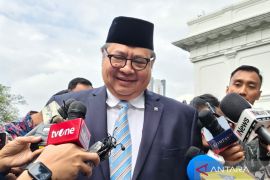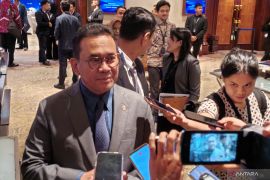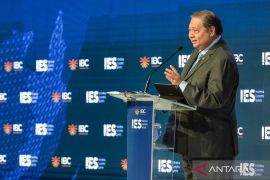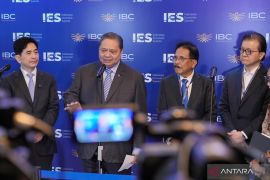Jakarta (ANTARA) - Coordinating Minister for Economic Affairs, Airlangga Hartarto, has said that the government is maintaining the people's purchasing power with the help of a number of assistance programs.Speaking at the office of the Coordinating Ministry for Economic Affairs in Jakarta on Thursday, he noted that one of the efforts taken by the government is pushing social protection programs, such as the Family Hope Program.
The government is also intensifying its food assistance program and has confirmed that rice, chicken meat, and chicken egg food assistance will be distributed again for the months of August, October, and December this year.
Furthermore, the government is planning to revise the benefits of the Job Loss Insurance (JKP) program as the number of participants registered for the program through the state's employment social security provider BPJS Ketenagakerjaan is low.
Baca juga: Pemerintah mendorong KEK ekspansi bersaing dengan Malaysia-Singapura
Baca juga: ADB's USD500 million to be channeled for coal plants' retirement: Govt
The government is also planning to adjust the benefits of the JKP program by referring to the benefits of the Pre-Employment Card program, specifically, those related to job training incentives.
Under the Pre-Employment Card program, each participant receives a training incentive worth Rp3.5 million (around US$226.16).
According to the minister, the value of the training benefits received by JKP participants is still far below that figure.
The minister expressed optimism that improving the JKP could help support the community, especially the middle class.
For the middle class, the government has also prepared other policies, such as the government-borne value-added tax (VAT) on the purchase of homes and electric vehicles.
This step has been taken because property and automotive are the biggest purchases among the middle class.
In addition, the government has implemented other policies to support the middle class, such as energy and electricity subsidies, the provision of health insurance through the program of state-run health insurer BPJS Kesehatan, and educational incentives.
The government is also making efforts to push the growth of micro, small, and medium enterprises (MSMEs) as part of the middle class, including through the People's Business Credit (KUR) program, which provides low interest.
Pewarta : Imamatul Silfia, Raka Adji
Editor:
I Komang Suparta
COPYRIGHT © ANTARA 2026
